Still no new president for Ivory Coast
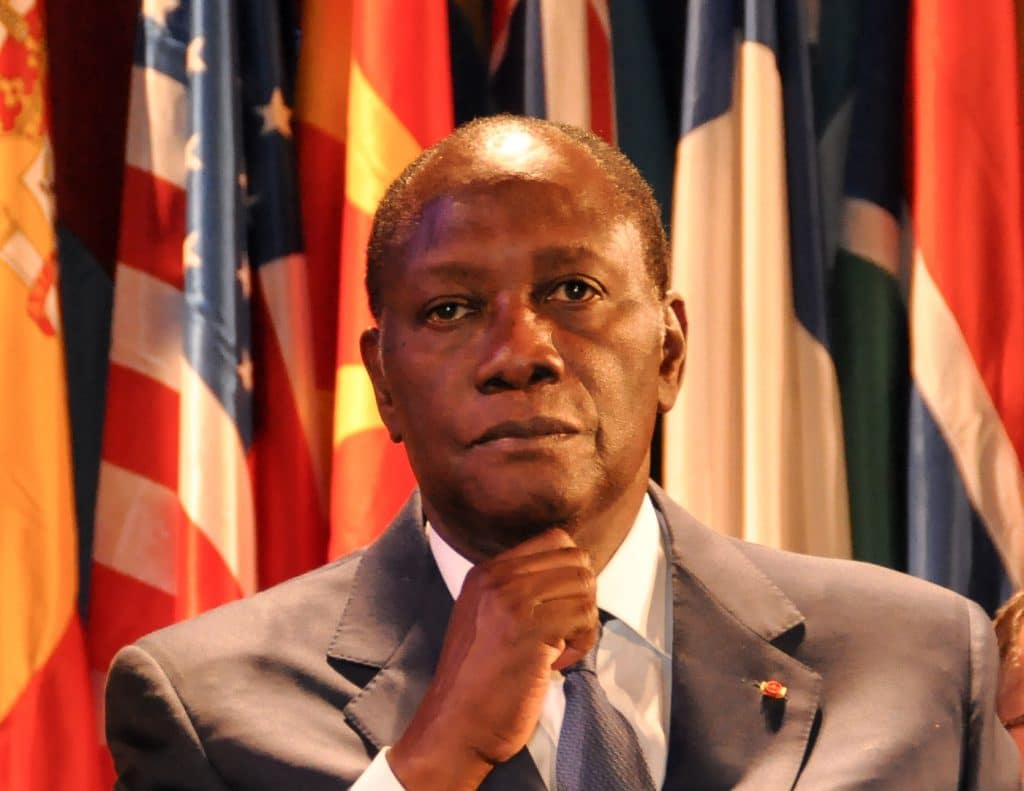
After more than a week of uncertainty and unrest, the constitutional court has finally confirmed the winner of the election. The incumbent president has forced a new term through the ballot box. Wait... the incumbent president? But Trump had lost, hadn't he? Yes, he did. But this goes the 31 October election in Côte d'Ivoire, won by 78-year-old Alassane Ouatarra.
Ongoing protests in Belarus
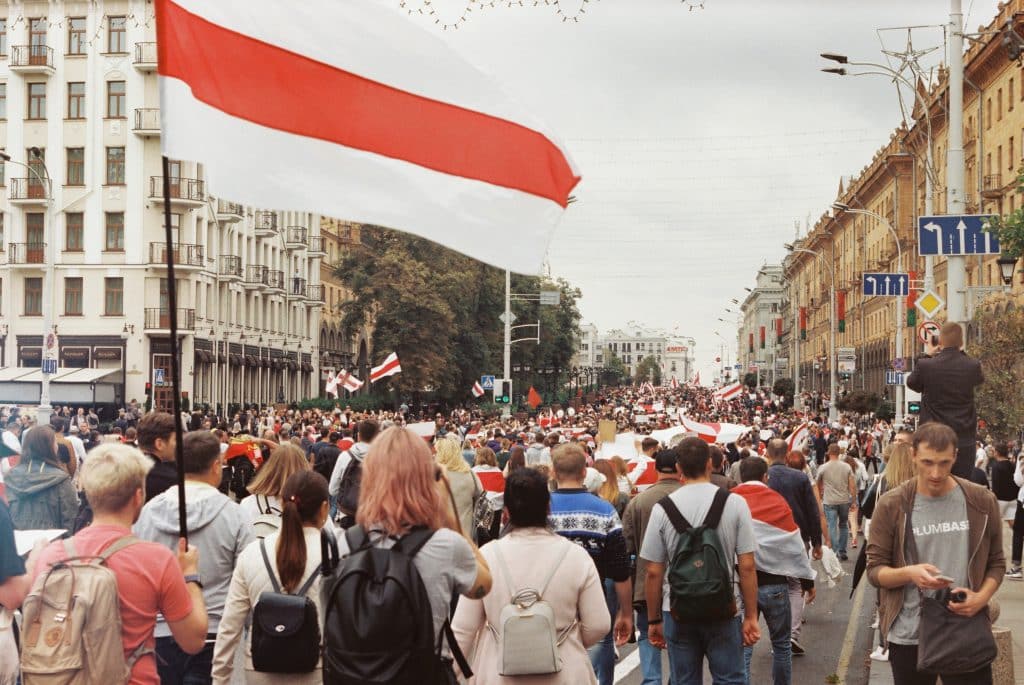
Since May 2020, the Belarusian people have been protesting against the re-election of President Aleksandr Lukashenko. With a 26-year term, Lukashenko is one of the longest-serving - and most autocratic - heads of state in Europe. Although the Belarusian people have spoken out against electoral fraud under Lukashenko many times before, the current protests are unprecedented - never before have so many people mobilised in such a sustained and organised manner against the incumbent president. Why are the protests so persistent just now? And what kind of strategy should the European Union adopt regarding the protests in neighbouring Belarus?
With mouthpiece to ballot in Romania

After the summer, the number of coronavirus infections in Europe increased again. Romania is no exception. The number of infections is rising, and the number of deaths is high compared to other EU countries. Schools have also now started again and elections are imminent.
Trump's 'breakthrough' between Serbia and Kosovo
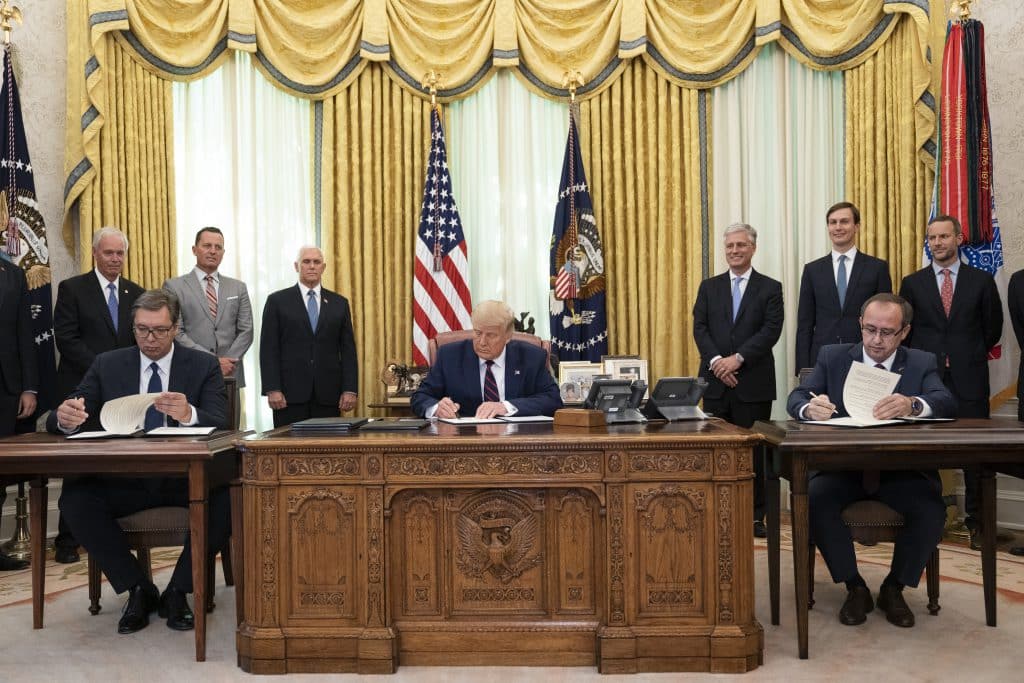
Last Friday, US President Trump announced a breakthrough between Kosovo and Serbia, with an agreement that strengthens ties between the two countries. Since Kosovo's declaration of independence in 2008, the neighbouring countries have had a tense relationship. Serbia refuses to recognise that Kosovo is an independent country, and still sees it as a province of Serbia. For years, attempts have been made - unsuccessfully - to bring the countries closer together. Whether this agreement is really a breakthrough remains to be seen, as its content is not very concrete.
Djukanovic defeated after thrilling election battle
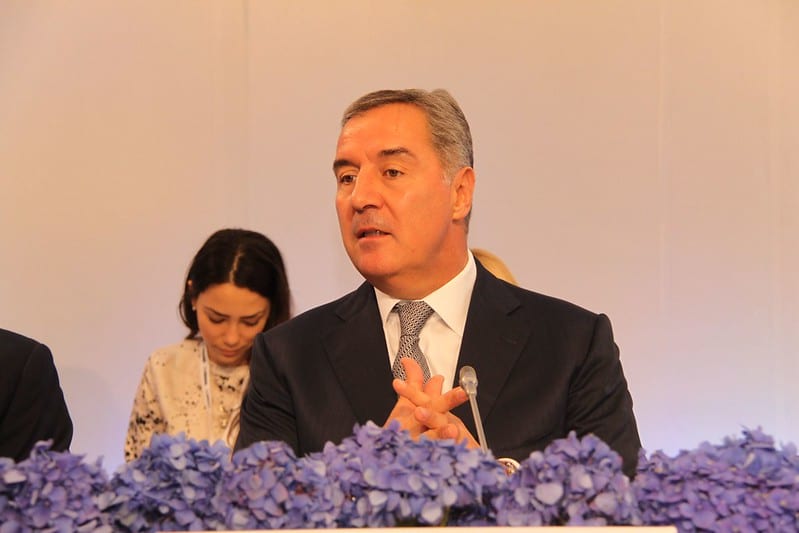
In Montenegro, voters went to the polls last Sunday. It was an exciting election day, as the opposition coalition 'For the Future of Montenegro' was neck-and-neck with the Democratic Party of Socialists (DPS), which has been in power for 30 years. For voters, it was a choice between this pro-European party in power and the pro-Serbian and Russian opposition coalition. 75.9% of registered voters cast their vote, the highest turnout Montenegro has ever had since the introduction of the current electoral system. There was confusion after the first exit polls, as the DPS and the opposition coalition said: that they had gained enough seats in parliament to form the next government. In the end, the opposition coalition along with other opposition parties turned out to have enough seats to form a new majority.
Online Political Café: the future of Belarus
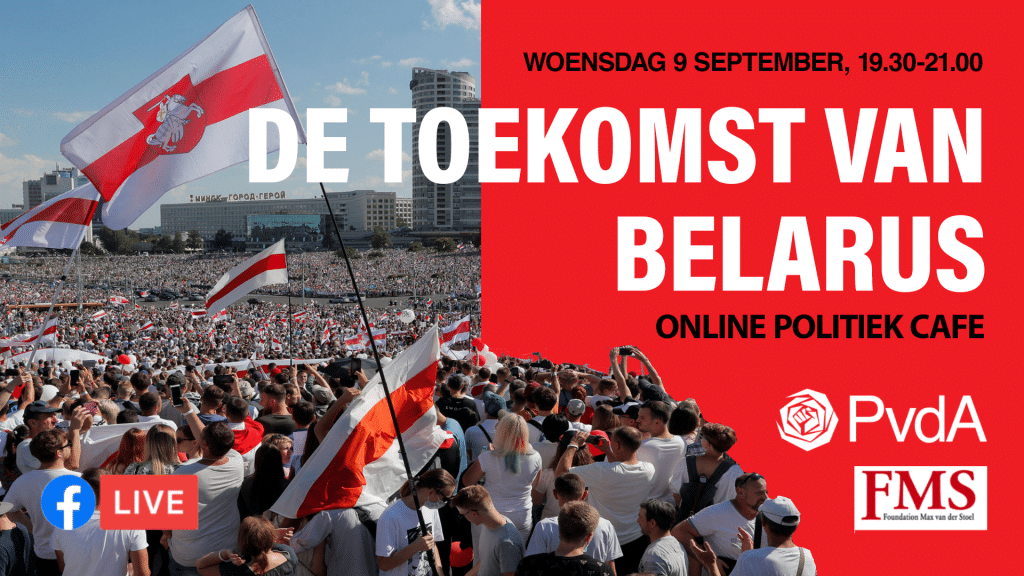
There is something unusual going on in Belarus (Belarus). Presidential elections were on 9 August and once again Lukashenko, who has been in power since 1994, won the election. But, the population is moving and speaking out and the regime seems to be under pressure more than in other years.
#westandBYyou: against repression and for fair elections in Belarus
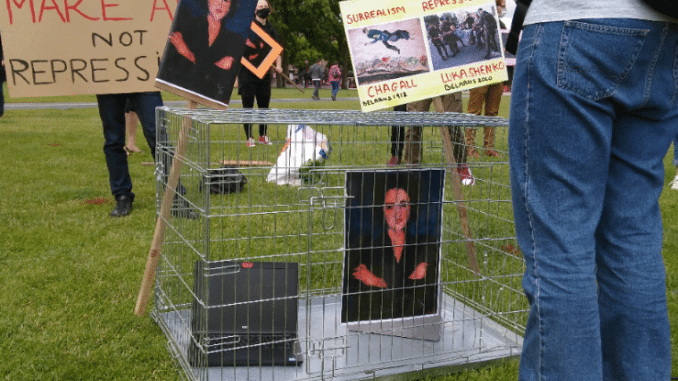
Something unusual is going on in Belarus (Belarus). Presidential elections are on 9 August and most probably the current president, who has been in power since 1994, will win again this time. But, the population is moving and speaking out and the regime seems to be under pressure more than in other years.
Five years ago, elections in the shadow of the Maidan revolution and war in Ukraine went very peacefully for Lukashenko and he extended his term without any problems. On the contrary, the elections before that, 10 years ago, were accompanied by large-scale arrests and long prison sentences, including of presidential candidates. The big difference with this year is that the arrests started even before candidate registrations were opened. For instance, a popular blogger, who did not hide his ambitions, was jailed even before registering as a candidate. Another popular candidate was arrested while collecting signatures for his candidature and subsequently not admitted as a candidate.
Tunisian parties fight each other out of parliament
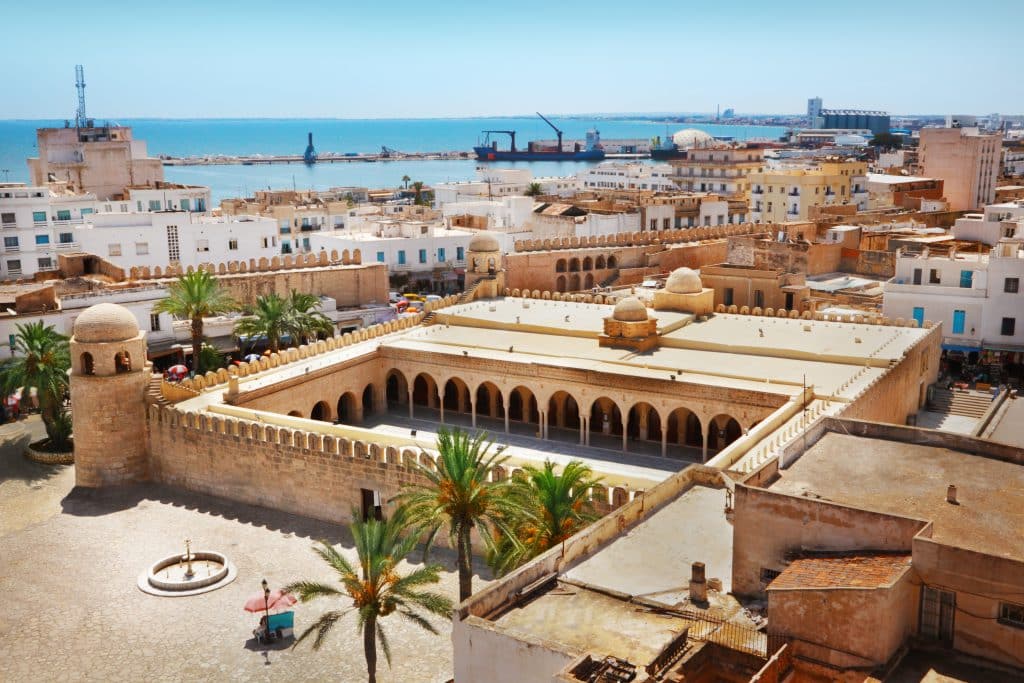
Less than a year after the parliamentary elections and five months after a new government took office, Tunisia is in a fierce political crisis. The prime minister has resigned, the speaker of parliament is awaiting a vote of no confidence, and all this while the country anxiously awaits an IMF deal to revive the economy.
Belarusians tear away from President Lukashenko
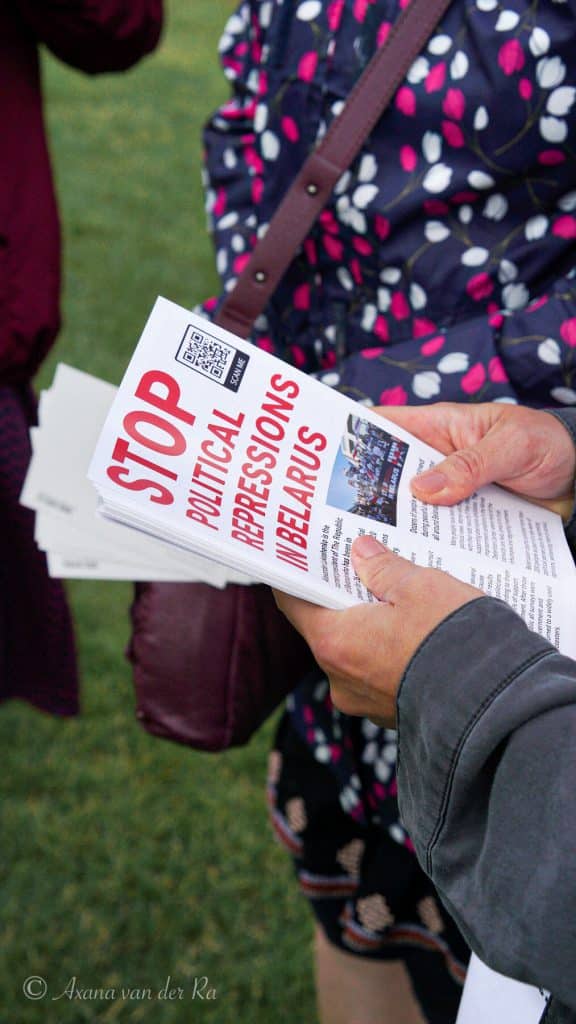
In the Republic of Belarus (Belarus), there have been protests for weeks against President Alexandr Lukashenko, who has been in power for 26 years. Democratic freedoms and values are not in his vocabulary. So far, more than 300 people, including one of his most promising challenger, Viktor Babariko, have been arrested during protests against the detention and exclusion of opposition candidates. These candidates were excluded during the presidential election on 9 August. Partly due to Lukashenko's corona policy and approach towards opposition candidates, activists, journalists, bloggers and vloggers, his support is rapidly crumbling. Harshly, the president is trying to maintain his power.
Political Leadership (series) part 2: types of leaders

The elections in the Netherlands are approaching. 17 March 2021 is the date. The FMS is conducting training courses in many countries. Political leadership is an important topic. What is involved in leadership? This series covers various aspects of it.
By Arjen Berkvens, director FMS

